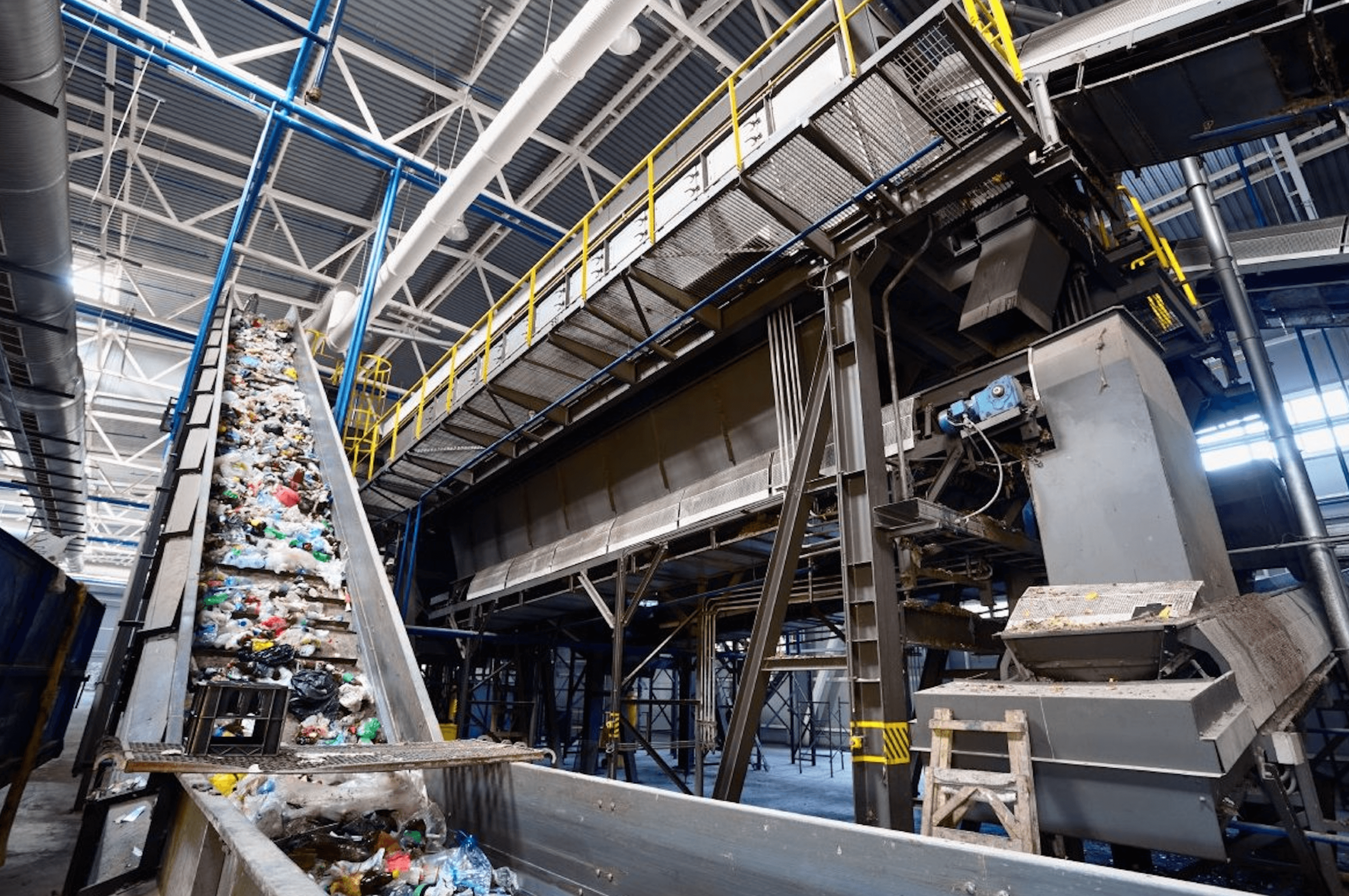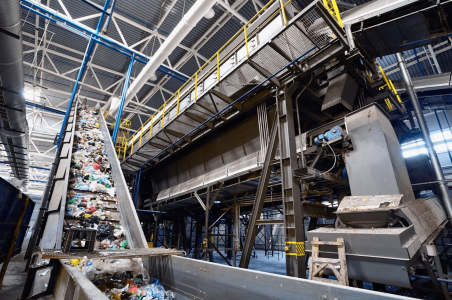
Which Materials Are Difficult To Recycle — And Why Many Rubbish Removal Companies Won’t Take Them

If you’ve booked a skip or asked a man-and-van to clear out the garage, you’ve probably hit that awkward moment: the driver points at a dusty box of batteries, a stack of old tyres, or a crumbling lump of insulation and says “I can’t take that.” It’s not them being awkward — many items are legally or practically difficult to recycle, hazardous to handle, or expensive to process, so reputable rubbish-removal companies will refuse them. Here’s a friendly (but no-nonsense) guide to the usual suspects, why they’re a problem, and what you should do instead.
1. Asbestos — the textbook hazardous waste
Why it’s a problem: asbestos fibres cause deadly lung diseases and are subject to strict controls during removal, transport and disposal. It’s classified as hazardous/special waste in many jurisdictions, so it must be handled by licensed specialists using sealed packaging, dedicated skips, and specific disposal sites. Regular skip companies don’t usually have the legal permits or safety measures to accept asbestos. HSE, Slideshare
What to do: Hire an HSE-licensed asbestos removal contractor. Don’t try to remove or bag it yourself — disturbing the material increases risk.
2. Car tyres — bulky, messy and tightly regulated
Why it’s a problem: whole tyres are big, heavy and can be awkward to store or transport. They can also harbour pests and, if stored poorly, present fire risks and environmental problems. Regulations on storage and treatment mean not every waste carrier or landfill will accept them; many recyclers require tyres to be stored and transported under specific conditions. That’s why some rubbish-removal firms decline tyres or charge extra. tyrerecovery.org.uk
What to do: Look for dedicated tyre recyclers or tyre-retailers who accept used tyres (many will take tyres when you replace them). Some councils also run tyre-collection or licensed drop-off schemes.
3. Batteries (especially lithium-ion) — small but incendiary
Why it’s a problem: batteries contain toxic metals (lead, cadmium, nickel, lithium) and lithium-ion batteries can short-circuit and cause fires if damaged or packed loosely in general waste or skips. This creates real danger for crews, trucks and materials-recovery facilities — and has caused increases in fires across waste sites. For safety and environmental reasons, batteries are typically classed as a separate waste stream and need special handling. GOV.UK
What to do: Tape terminals on lithium batteries, store them separately in a cool dry place, and use official battery or e-waste collection points (retail take-back, household recycling centres, or specialist schemes). Never leave loose batteries in a mixed rubbish bag or skip.
4. Fridges, air conditioners and other cooling equipment — refrigerants and insulation
Why it’s a problem: many cooling appliances contain F-gases (refrigerants) and insulating foams that are controlled substances. Removing and recovering the refrigerant safely requires certified technicians and equipment; disposal without recovering F-gas is illegal in many places because of ozone and climate impacts. That’s why domestic rubbish crews and general skip services won’t accept them. GOV.UK
What to do: Use an appliance collection service that is certified to recover refrigerants, or take items to a household waste recycling centre (HWRC) that accepts them. Always ensure refrigerant recovery is carried out by a trained operative.
5. WEEE, fluorescent lamps and other mercury-containing items
Why it’s a problem: electrical and electronic equipment (WEEE) can contain batteries, oils, mercury (e.g., fluorescent tubes), leaded glass (old CRT monitors), and other hazardous elements. These need segregation and specialist treatment to recover valuable materials while preventing pollution. Many general rubbish carriers won’t accept WEEE for that reason — some councils and recycling facilities treat these streams separately. GOV.UK
What to do: Recycle WEEE via retailer take-back schemes, dedicated e-waste recyclers, or municipal HWRCs that accept electricals. Fluorescent tubes/lamps and other mercury items should never be broken — ask for a hazardous-waste route.
6. Paints, solvents, chemicals and oils — hazardous liquids
Why it’s a problem: many liquids are flammable, toxic or require specialist disposal to avoid contaminating soil and water. They’re often regulated as hazardous waste and refused by ordinary skip operators to avoid spills, contamination and extra legal responsibilities.
What to do: Use household hazardous waste collections, specialist hazardous waste carriers, or take to a civic amenity site that lists these materials among accepted items.
7. Medical/clinical waste, sharps and contaminated materials
Why it’s a problem: anything contaminated with bodily fluids (clinical waste) or sharps (needles) is a biohazard and must be handled and incinerated under strict controls. Rubbish removers won’t accept these for obvious safety and legal reasons.
What to do: Contact your local health authority or pharmacy; many areas have specific collection or drop-off options, and healthcare providers can advise.
8. Chemicals, compressed gas cylinders and pressurised containers
Why it’s a problem: pressurised cylinders (e.g., propane) can explode if punctured or stored improperly; many chemical wastes are reactive or toxic. Waste carriers usually need special training and equipment to transport them.
What to do: Return them to the supplier (some will accept empty cylinders), use dedicated hazardous-waste disposal services, or check with your local council for guidance.
Why removal companies say “no” — and it’s not just being awkward
- Legal liability & permits: handling hazardous streams often requires licences and paperwork (duty of care, waste carrier licences, hazardous-waste consignment notes).
- Health & safety: materials like asbestos, batteries and medical waste pose real risks to crews and other waste-management workers.
- Specialised processing equipment: some materials require treatment that general MRFs/skips don’t provide (e.g., refrigerant recovery, mercury capture).
- Economics: bulky, contaminated or low-value materials can cost more to process than they’re worth — companies may simply refuse to avoid losses.
You can see examples of common exclusions and guidance on what household recycling centres typically won’t accept on local council sites and in industry guidance. Derbyshire County Council
Practical checklist: if you’re clearing out stuff, do this first
- Sort and segregate: separate batteries, electricals, liquids, bulky items and hazardous materials.
- Don’t bag up unknown powders or suspect asbestos — call a professional.
- Use retailer take-back programmes (appliances, WEEE, tyres when replacing, batteries at shops).
- Ask your council: most have HWRC pages and advice lines.
- When in doubt, book a licensed hazardous-waste carrier for the tricky items.
Final word
Most rubbish-removal companies want to do the right thing — and avoid taking materials they can’t legally or safely manage. If you run into a refusal, it’s usually to protect workers, the public and the environment. A little extra sorting and using specialist routes for hazardous streams will keep your cleanup legal, safe and (often) cheaper in the long run.
Sources & further reading
- Health & Safety Executive — asbestos guidance. HSE
- Asbestos in the UK: A Practical Guide to Safe and Legal Disposal, slideshare.net
- GOV.UK — consumer guidance on recycling batteries and electrical waste. GOV.UK
- Tyre Recovery Association — regulation and industry guidance on tyre recycling and storage. tyrerecovery.org.uk
- GOV.UK — recovery, reclaiming and recycling of F-gas (refrigerants). GOV.UK
- GOV.UK — WEEE (waste electrical and electronic equipment) treatment guidance. GOV.UK
- (Also useful) your local council HWRC pages for a practical list of what they accept/refuse. Derbyshire County Council